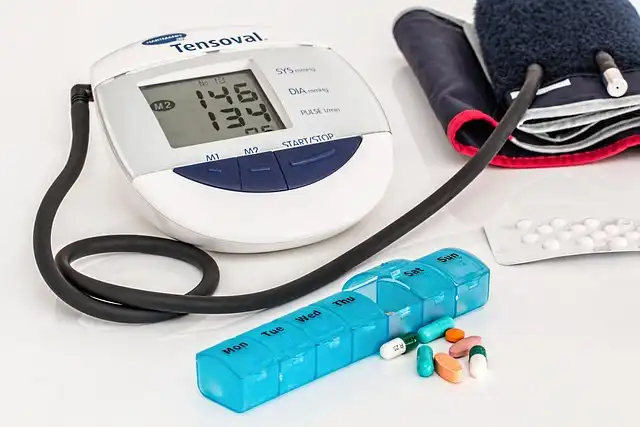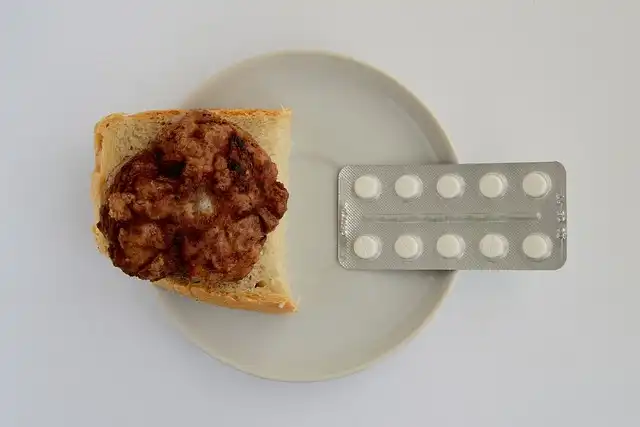
GRIN2A Gene: Single Gene Linked to Mental Disorders
Research shows the GRIN2A gene, unlike polygenic causes, can directly trigger mental disorders like schizophrenia. Specific GRIN2A variants impact nerve cell activity and NMDA receptor function.

Research shows the GRIN2A gene, unlike polygenic causes, can directly trigger mental disorders like schizophrenia. Specific GRIN2A variants impact nerve cell activity and NMDA receptor function.

Current heart attack risk assessment tools like ASCVD and PREVENT may fail to identify many at-risk individuals, highlighting the need for improved early detection and prevention strategies, possibly with cardio imaging.

Chronic cannabis use links to increased ER visits due to cannabis hyperemesis syndrome, marked by severe vomiting. A new diagnostic code aids recognition and monitoring of this growing issue.

Scientists identified novel anti-aging compounds from blood bacteria. Indole metabolites reduce inflammation, oxidative stress, & collagen damage in skin cells, offering future skin rejuvenation treatments.

New research reveals sticky DNA lesions in mitochondria (mtDNA) disrupt energy production and trigger stress, potentially linking to chronic diseases and inflammation. mtDNA damage is more prevalent than nuclear DNA damage.

Researchers discovered immune cells using rapid signals to help damaged muscle regrow, potentially leading to new treatments for injuries and muscle-wasting. Macrophages play a key role in repair.

Scientists created the first detailed 3D model of the yellow fever virus, revealing structural differences between vaccine and virulent strains. This could lead to improved vaccines and antiviral treatments. Yellow fever remains a public health risk.

Reduce Thanksgiving calories with low-sodium broth gravy and smaller portions. Focus on vegetables, salad, and protein for a healthier, balanced holiday meal. Cook at home for control.

Research shows DMT connects with alpha waves, impacting self-awareness. DMT use leads to a temporary loss of self, altering the sense of time and self-perception. Medical info is not a substitute for professional advice.

Sonya Sotinsky, a cancer survivor, uses AI to recreate her voice after losing it. Her journey highlights the importance of voice and communication, impacting healthcare and insurance coverage. This AI voice aided saved her life.

The Brownstone Institute, fueled by COVID backlash, sees its affiliates rising in US government, impacting vaccine access and research, raising concerns about public health policy.

Exploring biohacking and blood purification techniques like plasmapheresis, questioning the evidence and benefits for healthy individuals. Discussing blood 'cleaning' for lifestyle, detoxification, and longevity.

Research shows fluoride in drinking water improves cognitive test scores in youths and reduces tooth decay. However, concerns exist about potential health risks, leading to bans in some states.

CRISPR technology reverses chemotherapy resistance in lung cancer by disabling the NRF2 gene. This improves drug sensitivity and slows tumor growth, offering a novel strategy for resistant cancers.

USC study reveals that increased ultra-processed food (UPF) intake raises prediabetes and insulin resistance risk in young adults. Limiting UPFs may protect metabolic health. #UPF #diabetes

Listening to and playing music is linked to reduced dementia and cognitive decline risk in adults over 70. Music may be an accessible method for maintaining cognitive health. Lifestyle affects brain aging.

A new dual-light microscope captures nano and microscale activity in living cells without dyes, providing a complete view of cell behavior. It allows estimation of particle size and refractive index.